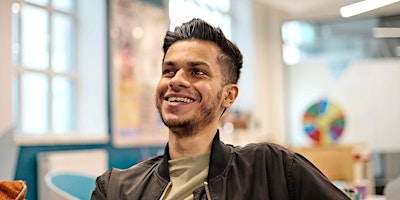Why study this course?
This is a top-up version of our Graphic Design BA (Hons) degree. A top-up degree is the final year (Level 6) of an undergraduate degree course and is for those who have a foundation degree, Higher National Diploma or equivalent qualification, or those wishing to study the final year of their degree in London.
This course enables you to investigate, question and challenge the contemporary role of graphic design. You will learn to connect graphic design with wide-ranging social issues and new ideas. You'll also learn how to develop your voice as a graphic designer, helping you towards a successful career in design.
More about this course
This course will train you to present, test and defend your ideas. You’ll gain the confidence to understand, interpret and talk about ground-breaking and iconic design from the past and present.
You'll have the opportunity to develop specialist and broad-based design skills, to think laterally and to innovate through making, testing, finding and reaching your audience.
You'll learn different creative methods such as drawing and letterpress printing, app design, type fundamentals, user experiences, human-centered design and connected communication platforms. There are many diverse employment options available to graduates of this degree.
This course offers real opportunities to connect with graphic design studios and consultancies, to work across the realms of art direction, digital publishing and editorial design, moving image and sequential narrative, web and innovatory digital practice from app design to social media, brand communications to start-ups and design enterprise.
A high-profile lecture series – the Hothouse Talks – offers you the chance to engage with visionaries in the field of graphic design graphic design and visual communication. You’ll also benefit from live project opportunities and a vibrant studio culture.
Assessment
You'll be assessed through project work, essays, individual practice and a final portfolio project, including a dissertation. There are no examinations.
Fees and key information
Apply nowEntry requirements
In addition to the University's standard entry requirements, you should have one of the following:
- 240 credits from a relevant Higher National Diploma (HND), Foundation Degree (FdA/FdSc) or equivalent international qualification in a relevant subject
- 240 credits from years 1 and 2 of an undergraduate degree (BA/BSc) in a relevant subject at a different institution
- a portfolio review
We encourage applications from international/EU students with equivalent qualifications. We also accept mature students with diverse backgrounds and experiences.
Portfolios and interviews
Your portfolio should be selective but have enough work to show the range of your interests and talents. We're interested in seeing how you develop a project from beginning to end, not only finished work.
Graphic designers work in a variety of media; please include the whole range of your creative work. If you can't bring some of your work to the portfolio interview, please take photographs and include them.
Finally, be ready to talk about your work and how you see your future as a graphic designer.
Physical portfolio
If you are coming in person to your interview we strongly suggest bringing a physical portfolio of work.
Things to bring:
- Sketchbooks – we love to see your sketchbooks with ideas and notes, even if they are messy
- Examples of the development of a project from start to finish and the final outcome
- Some work that you are really proud of and want to talk about
- Some work that shows you experimenting with different processes
Digital portfolio
If you are submitting an online application, please follow these guidelines.
Things to include:
- Scans or photographs demonstrating items from the list above
- Storyboarding for motion-based work
- Scans of sketchbook pages showing development
- Be sure to check the resolution and overall quality of your image to ensure submissions are not pixelated
Accreditation of Prior Learning
Any university-level qualifications or relevant experience you gain prior to starting university could count towards your course at London Met. Find out more about applying for Accreditation of Prior Learning (APL).
English language requirements
To study a degree at London Met, you must be able to demonstrate proficiency in the English language. If you require a Student visa (previously Tier 4) you may need to provide the results of a Secure English Language Test (SELT) such as Academic IELTS. This course requires you to meet our standard requirements.
If you need (or wish) to improve your English before starting your degree, the University offers a Pre-sessional Academic English course to help you build your confidence and reach the level of English you require.
Modular structure
The modules listed below are for the academic year 2023/24 and represent the course modules at this time. Modules and module details (including, but not limited to, location and time) are subject to change over time.
Year 3 modules include:
- This module currently runs:
- all year (September start) - Wednesday afternoon
- all year (September start) - Wednesday morning
Critical and Contextual Studies (CCS) in Level 6 offers you an opportunity to understand and explore the historical, social, cultural and economic factors which influence, and provide a context for, the development of architecture, art and design practice. Building on critical and academic skills gained during two years of previous study, the module encourages you to develop an awareness of issues around which there is some debate, uncertainty or contest. Based on this awareness, you will develop a set of research questions which constitute the topic of your study. This topic can be theoretical, historical, or technical and you may, with guidance, decide to engage with an area of scholarly interest outside the territory of your degree course.
You will develop your topic and respond to your research questions in the form of an extended critical study or Dissertation (6,000–7,000 words). Through this study you demonstrate that you can thoroughly research a topic, use appropriate methods of investigation, and work in a methodical and organised way to develop a coherent argument or line of thought. Teaching and Learning on the module is designed to support you in this process through a combination of tutorials and one to one supervision; as well as a series of formative and summative assessments which prepare you for the final submission.
The final form and presentation of your Dissertation can reflect a broad range of approaches to research and writing. It may include visual materials or other non-written forms of presentation as long they support your enquiry and comprise an integral part of the whole.
The final form and presentation of your Dissertation can reflect a broad range of approaches to research and writing. It may include visual materials or other non-written forms of presentation as long they support your enquiry and comprise an integral part of the whole. By prior approval at the start of the module, your research can be part practice-based, and include primary research and fieldwork.
By virtue of the sustained, independent nature of the learning and substantial final output, the dissertation is also intended to prepare you for possible postgraduate study.
- This module currently runs:
- all year (September start) - Thursday morning
Over the course of your level 6 studies you will reach a point as a practitioner when your practice - and eventually your portfolio - is defined by your own interests, discipline focus and professional ambitions. In the Major Project module you will assimilate your years of prior learning and apply it to a significant body of work. You will define your individual creative identity and situate your practice in the wider context of the professional graphic design sector.
In this module you will define, develop, test, iterate and execute an ambitious and significant project of highly-resolved discipline-specific work. Encompassing project development from problem finding, through idea and concept generation to the application of your practical skills for realisation and presentation in professionally recognised formats, you will use and record your independent project planning and management skills in preparation for your career launch.
A negotiated and approved proposal will confirm your individual project. Using creative exploration and experimentation you will generate, develop, research, conceptualise, visualise, test and model your proposals using material investigation in digital and analogue processes.
Feedback from tutors, visiting professionals and practitioners as well as peers will help you to ensure that your proposal meets a valid need, reaches a professionally-recognised quality standard and achieves the purpose intended. With an emphasis on individual authorship, the module requires that you critique and reflect upon your work in progress and understand its position in the creative sector. The module emphasises self-direction and personal focus whilst acknowledging external and professional trends, expectations and constraints.
During this module you will:
• devise and research a subject-specific project proposal;
• defend the project proposal using your research as evidence;
• exercise project planning, management, research and development skills in an academic and professional context;
• exercise decision making and problem solving showing that you have understood and managed complex and ambitious tasks;
• work independently, self-reflectively and with concern for the ethical issues and principles attached to your project;
• show understanding of your particular strengths, interests and position in the field, and your potential for further development;
• achieve outcomes of a professional standard of realisation and presentation.
- This module currently runs:
- all year (September start) - Thursday afternoon
In this module you will work with a high degree of independence in the selection and application of appropriate tools, materials and processes for visual communication.
There is an emphasis on innovation and experimentation, specifically your individual ambitions to test boundaries and take creative risks to make advances in exploring and applying discipline-specific tools. ‘Tools’ might be interpreted as physical implements for drawing, printmaking, publication-making, stop-motion animation or other, but also digital tools in the context of software workspaces and use of digital apps.
How can you adapt and work in an innovative way and on a granular level with the ‘tools of your trade’ as an illustrator, animator or graphic designer? How can your deep understanding of the qualities and limitations of materials, and possibilities offered by processes, aid your problem-solving and decision-making as a graphic designer, illustrator and animator? These are questions you will be supported to formulate, explore and answer in relation to your own practice as you continue to investigate the possibilities of our making workshops and digital facilities.
You will gain insights from module tutors and visiting practitioners about how experimentation forms part of the creative research and development process; then reflect on this and establish strategies for building research and development into your practice. This practice will directly feed into developing and finalising work for the Major Project module.
Thinking through making and visual experimentation as a research method is encouraged and supported. You will evidence your work in analogue and digital sketchbooks and through a portfolio of experimental and developmental work, along with evidence of reflection and self-critique.
During this module you will:
• explore the purpose and methods of research and development in the context of the creative industries and your own practice.
• work with an increasing level of innovation and experimentation with tools, materials and process;
• reflect on and critique your work in order to invent, test, iterate and refine visual approaches;
• develop further confidence in using experimentation and creative risk-taking with materials and processes as part of thinking through making and as a research method for visual communication;
• take the initiative in selecting the materials and processes that are relevant to your discipline, practice, project aims and professional ambitions; and devise an individual approach to using those materials and processes.
- This module currently runs:
- all year (September start) - Friday morning
This module prepares you for entry to the workplace, self-employment or progression to higher study through experience of professional portfolio development and presentation, experience of working in industry contexts, and of related promotional and self-promotional activities. It helps you to assess not only your position within the creative design sector but also to define your individual creative strengths and potential, and to confidently identify your route to future success. You will build on existing professional practice skills, working at a level equivalent to industry standards in teamworking, presenting, pitching and creative responses to briefs and competitions.
Through practice, you will establish a sound process for research, design development and production using recognised sector-specific strategy and practice. A program of lectures, workshops, seminars and assignments, will prompt the investigation and analysis of the forms, properties and qualities of a wide range of professional practice fundamentals, for example, digital portfolios, self-branding and promotion, event design and management, costing, copyright laws and offline and online content creation.
You will be supported to develop networking skills, through specially arranged workshops and talks with industry professionals and successful graduates from the course, as well as outside the University at industry events. You will be shown how to reach out to potential employers for work placements, internships and job opportunities.
You will experience work-related learning through live exhibition, competition or simulated consultancy or work placement. You will refine a range of transferable skills in communication, management, research and analysis and will be encouraged to reflect and report on the work-relevant skills that you have developed throughout. These skills are advantageous for all graduates and include (for example): action planning, contribution to professional meetings, entrepreneurship, acting as a consultant, goal setting, negotiating, networking, project management, self-appraisal and team working. Activities undertaken in this module will help to prepare you for the launch of your individual design practice during the final degree show and subsequent employment applications.
During this module you will:
• research, analyse, and adapt your practice for sector-specific professional conventions in relation to real-world employment, exhibition or competitive situations;
• develop professional entrepreneurial processes for the generation, development, testing and pitching of concepts in response to specified clients and audiences;
• plan and manage self-promotion activities and exhibition, client or employer project pitching from inception to delivery, within commercial timeframes, developing strategies to maximise your chances of success;
• employ professional standards in the manipulation of appropriate media for the communication and presentation of your design identity and specific concepts;
• review competitor practices in relation to employment preparation or freelance self-promotion and build enterprise strategies for consultancy practice.
What our students say
The following feedback is from the National Student Survey (NSS):
"Intellectually stimulating. I have learned new techniques and my understanding of the subject has broadened. I have made some really good connections."
"Tutors are the highlight of the University. You can see the passion they have for art and design, as well as having the passion to teach us."
"The new studio idea is really successful and my studio leader is absolutely amazing."
"Excellent tutors and lecturers. A good range of facilities available, all of which are well supervised by helpful technicians and tutors."
"My printmaking teachers were awesome, they helped me gain enough confidence with my work."
Where this course can take you
The teaching team includes professional print, photography, web, animation and graphic design specialists alongside illustrators and artists who together create a stimulating teaching and learning environment that allows you to identify and succeed in your chosen career path.
London Met graphic design graduates have gone on to be award-winning students who have excelled in leading design competitions run by organisations such as Royal Society of Arts (RSA) and the Design Museum.
The employment success of our graduates is excellent, with many starting successful careers as graphic designers, taking on leading roles within creative industries or continuing on to postgraduate degrees in the UK and abroad.
Important information about this course
We're committed to continuously improving our degree courses to ensure our students receive the best possible learning experience. Many of the courses in our School of Art, Architecture and Design are currently under review for 2023-24 entry. We encourage you to apply as outlined in the how to apply section of this page and if there are any changes to your course we will contact you. All universities review their courses regularly and this year we are strengthening our art, architecture and design courses to better reflect the needs of employers and ensure you're well-equipped for your future career.
Important information about the teaching location of this course
We currently have three locations in Holloway, Aldgate and Shoreditch. As we evolve as a University, we'll be reviewing the use of these spaces to ensure all our students have access to the facilities and study areas they need to succeed. This means the campus where this course is taught may change over time.
The experience of our students will always be our top priority and we'll notify applicants and students of any changes to their teaching location at the earliest opportunity.
Additional costs
Please note, in addition to the tuition fee there may be additional costs for things like equipment, materials, printing, textbooks, trips or professional body fees.
Additionally, there may be other activities that are not formally part of your course and not required to complete your course, but which you may find helpful (for example, optional field trips). The costs of these are additional to your tuition fee and the fees set out above and will be notified when the activity is being arranged.
Stay up to date
Follow our School of Art, Architecture and Design on Twitter, Facebook and Instagram to stay up to date with everything that's happening in our creative community.
For an insight into life in the Visual Communication cluster, you can also follow our @vc_ldnmetarts Instagram account.
How to apply
If you're a UK applicant wanting to study full-time starting in September, you must apply via UCAS unless otherwise specified. If you're an international applicant wanting to study full-time, you can choose to apply via UCAS or directly to the University.
If you're applying for part-time study, you should apply directly to the University. If you require a Student visa, please be aware that you will not be able to study as a part-time student at undergraduate level.
When to apply
The University and Colleges Admissions Service (UCAS) accepts applications for full-time courses starting in September from one year before the start of the course. Our UCAS institution code is L68.
If you will be applying direct to the University you are advised to apply as early as possible as we will only be able to consider your application if there are places available on the course.
To find out when teaching for this degree will begin, as well as welcome week and any induction activities, view our academic term dates.
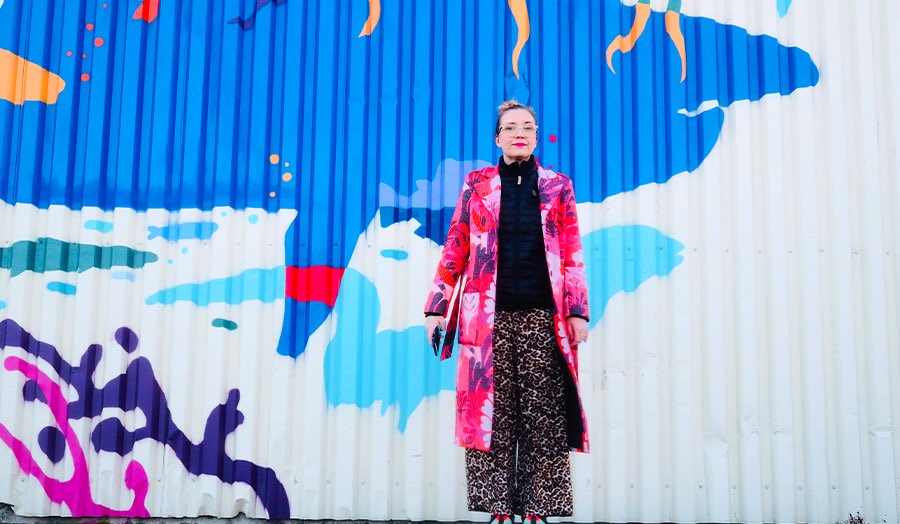
.jpg)
.jpg)
.jpg)
.jpg)
.jpg)
.jpg)
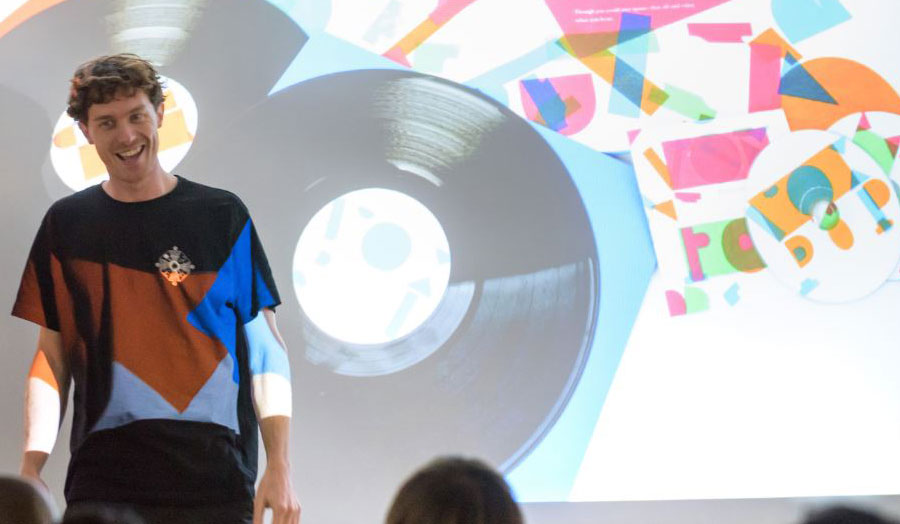
.jpg)
.jpg)
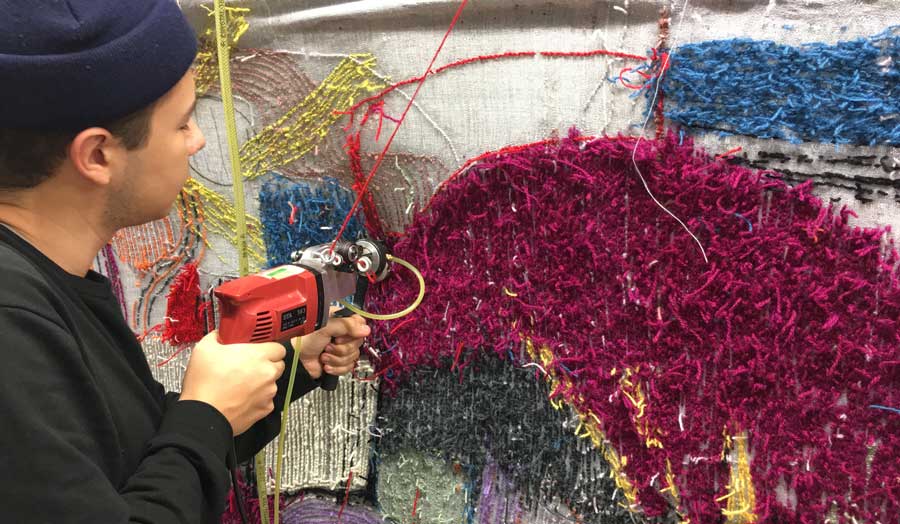
.jpg)
.jpg)
.jpg)
.jpg)
.jpg)
.jpg)
.jpg)
.jpg)
.jpg)
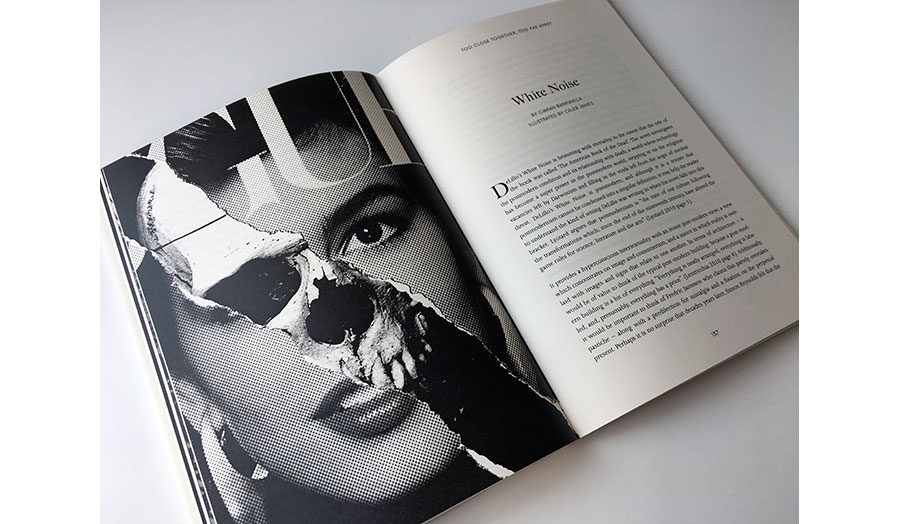
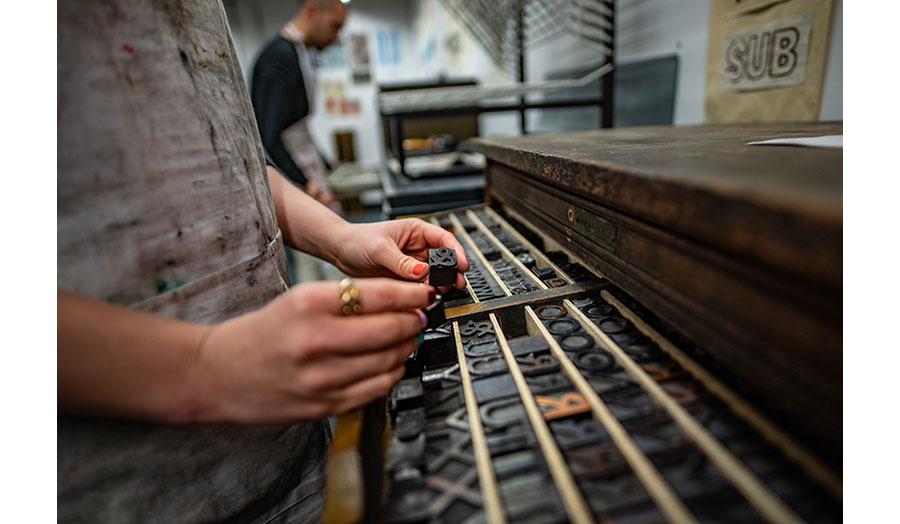
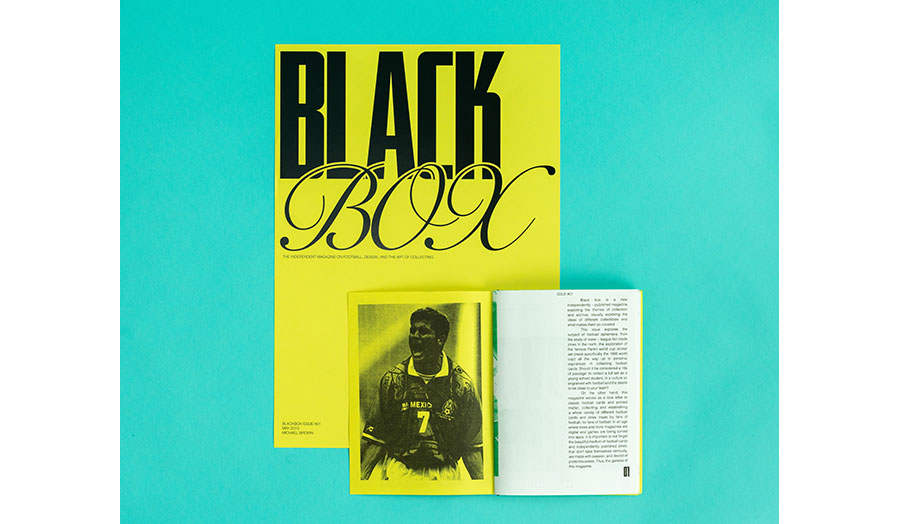
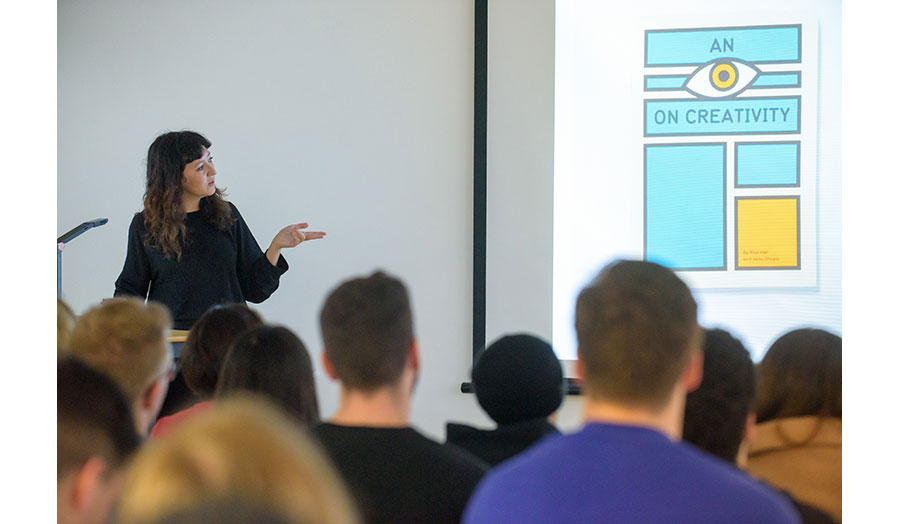
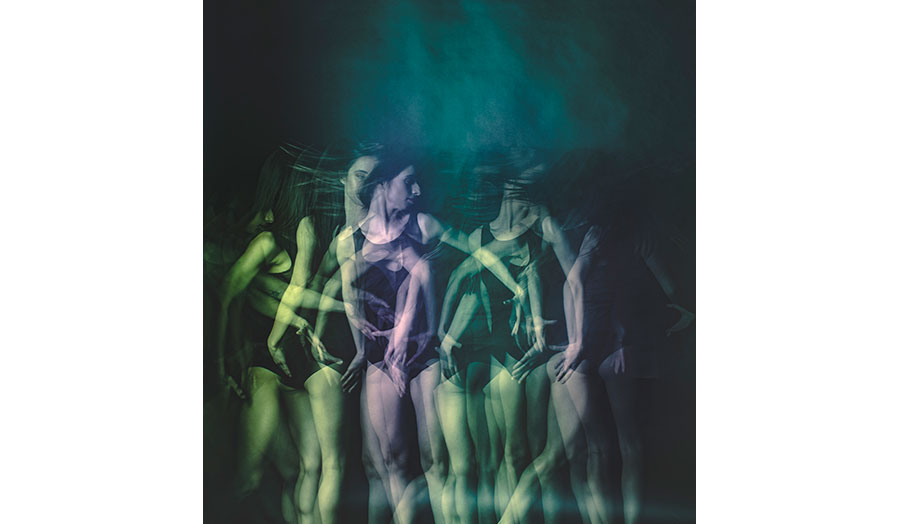
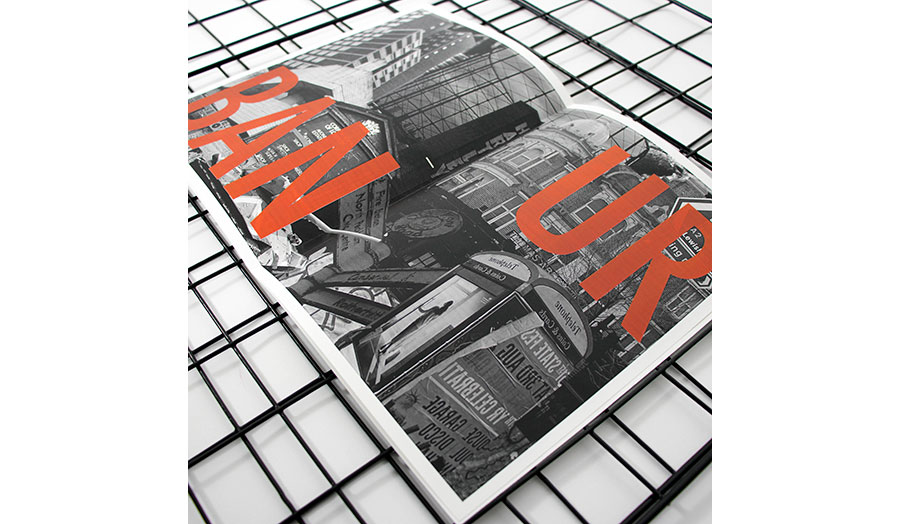
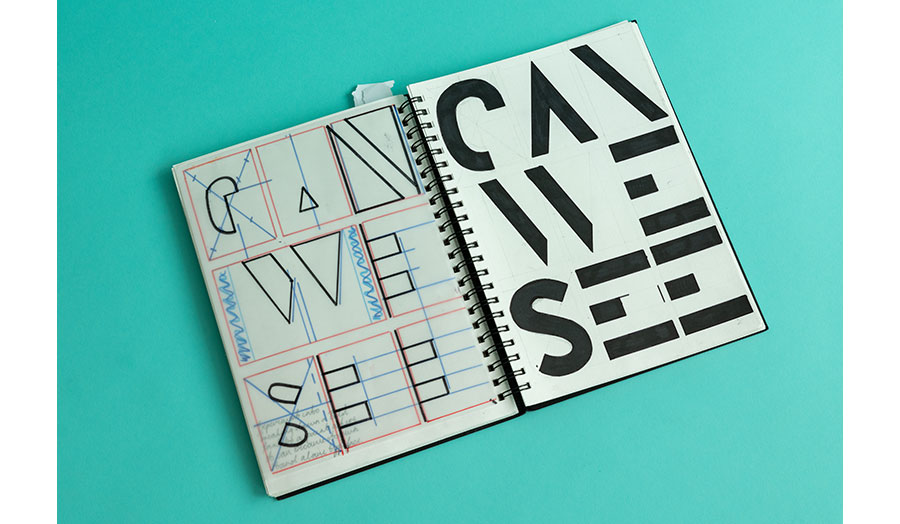
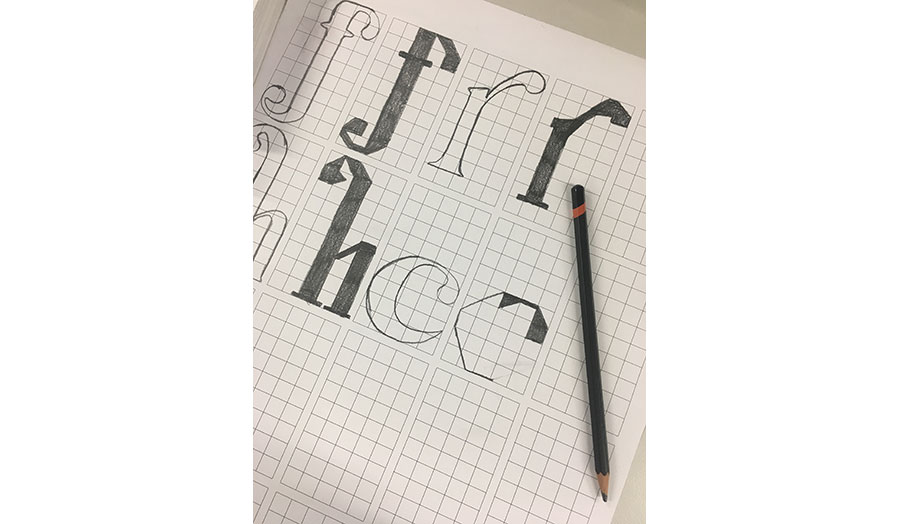
.png)
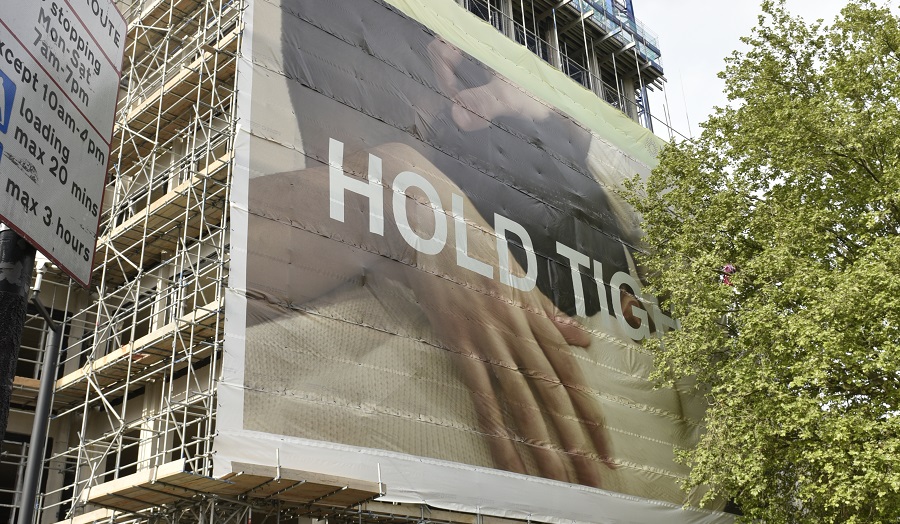

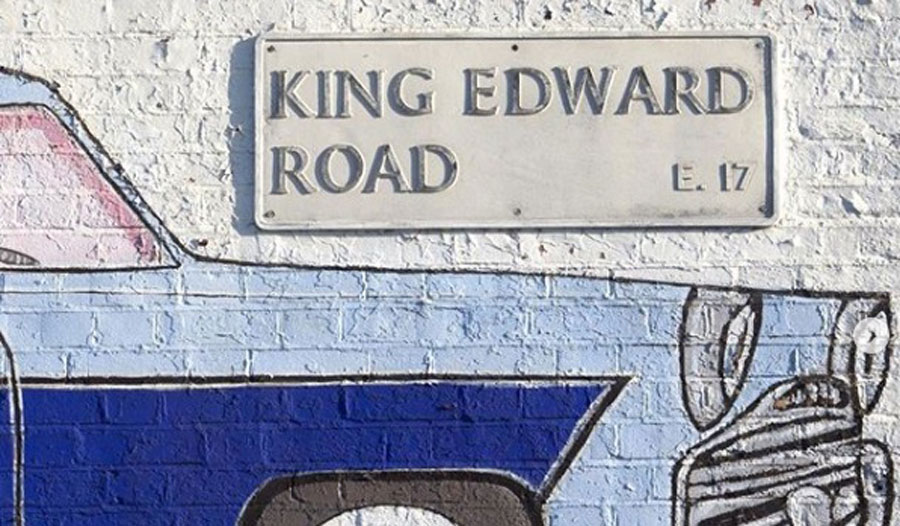
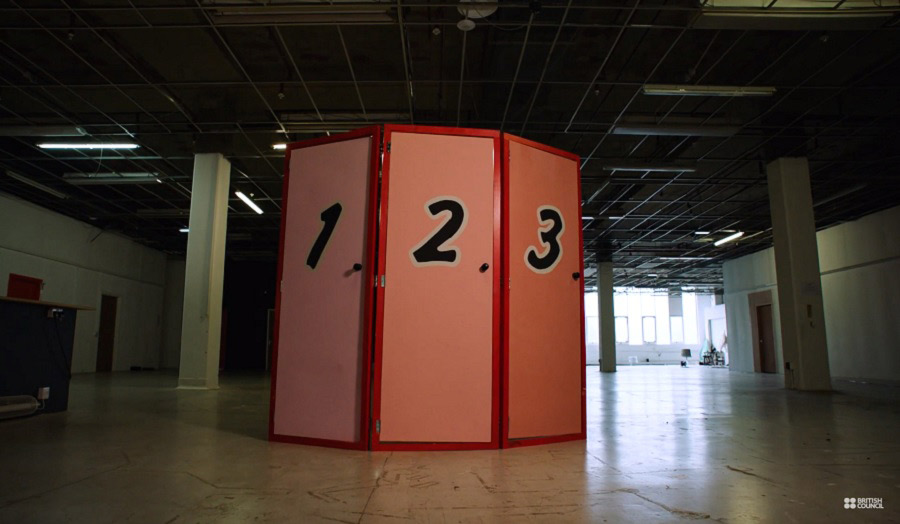
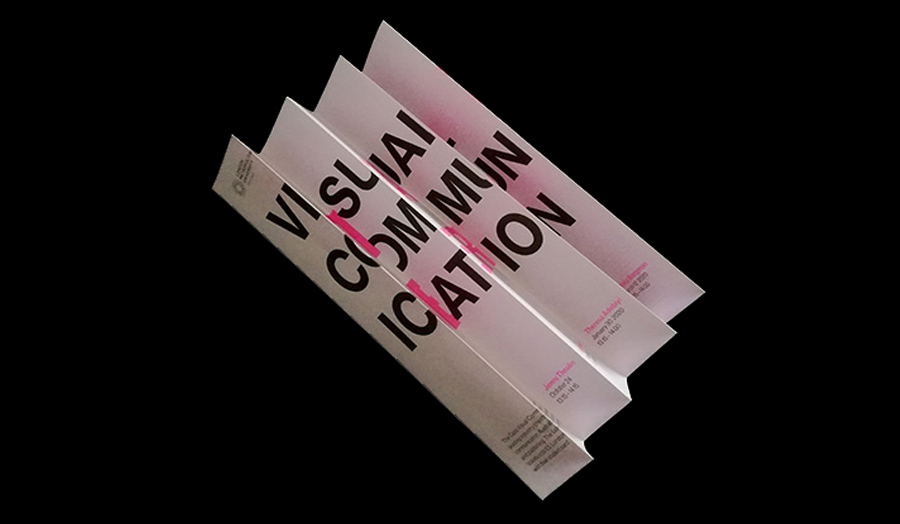
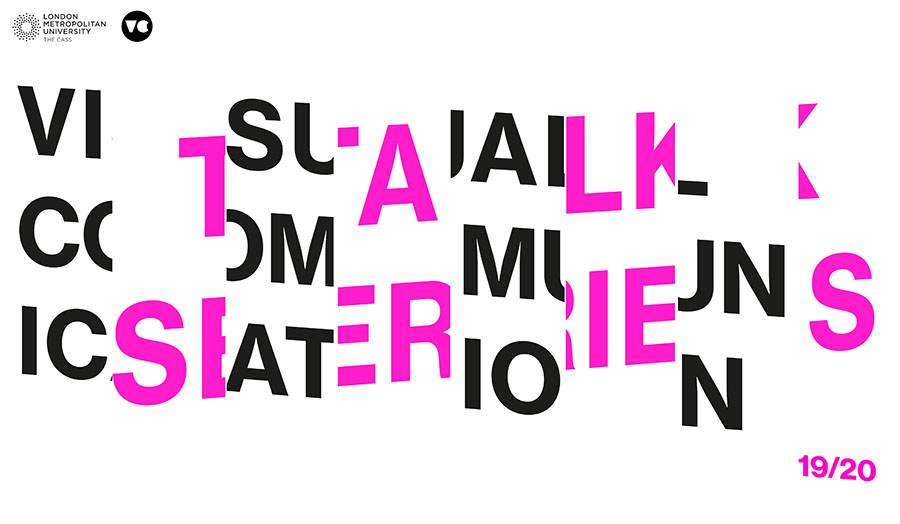

.jpg)
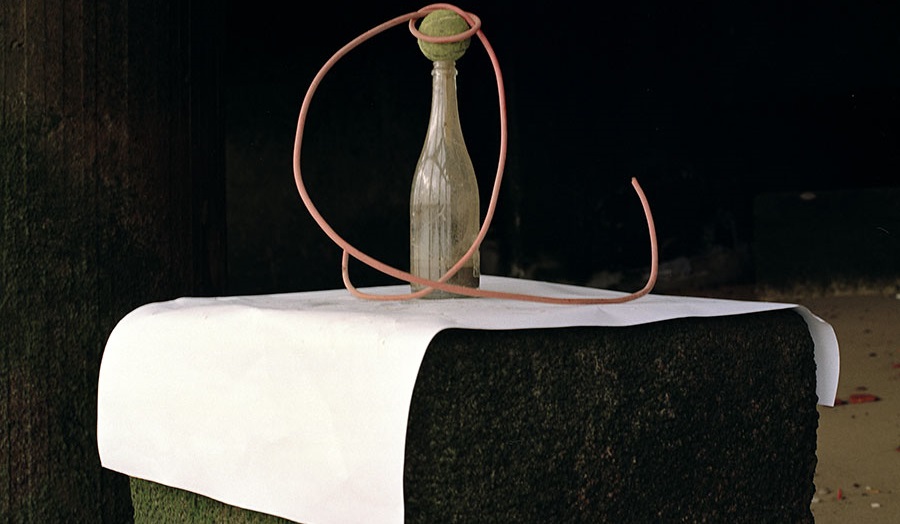
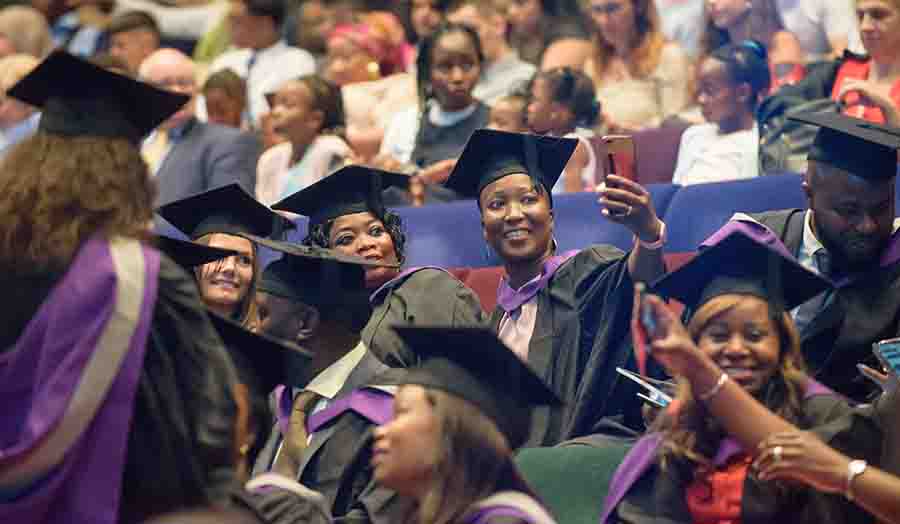

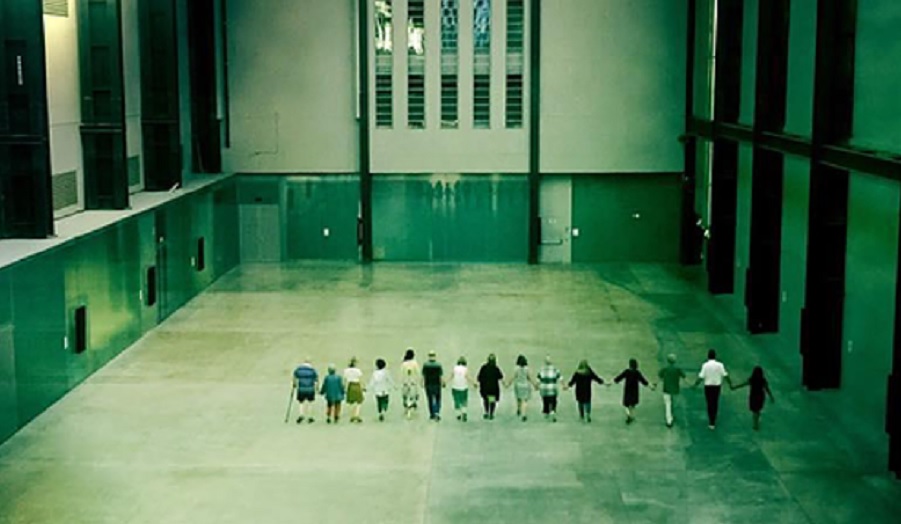

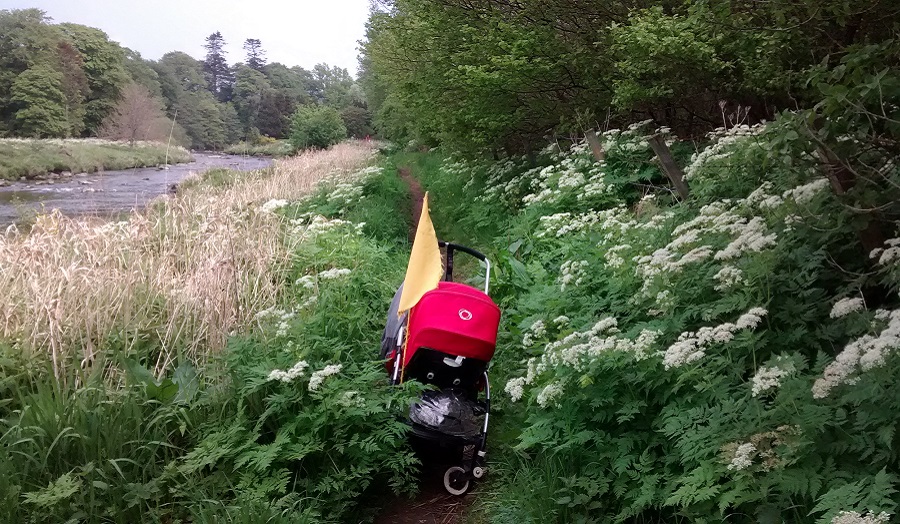
.jpg)
.jpg)
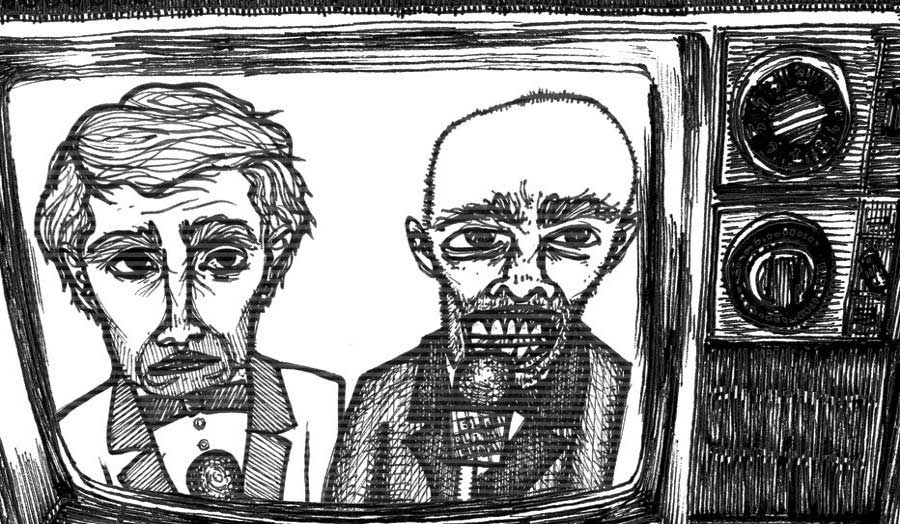
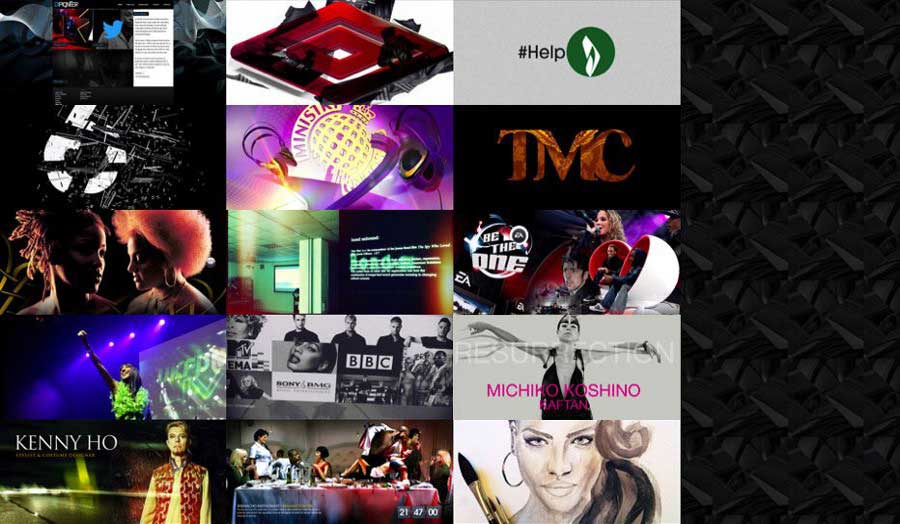
-(1).jpg)
.jpg)
.jpg)
